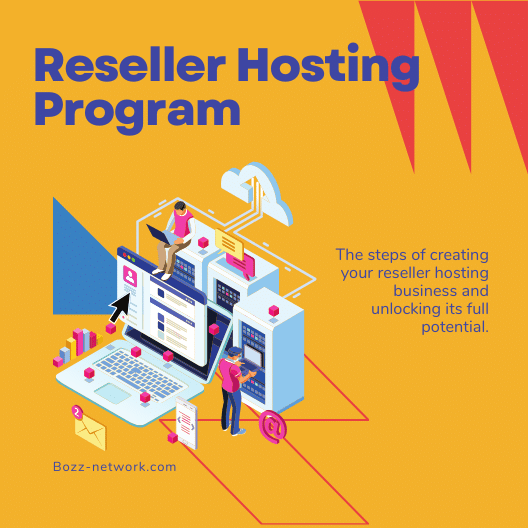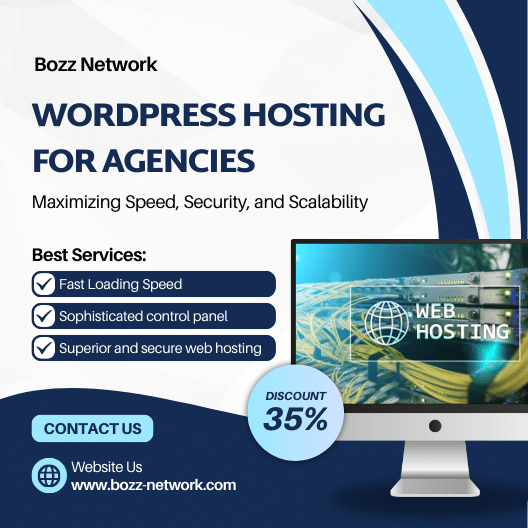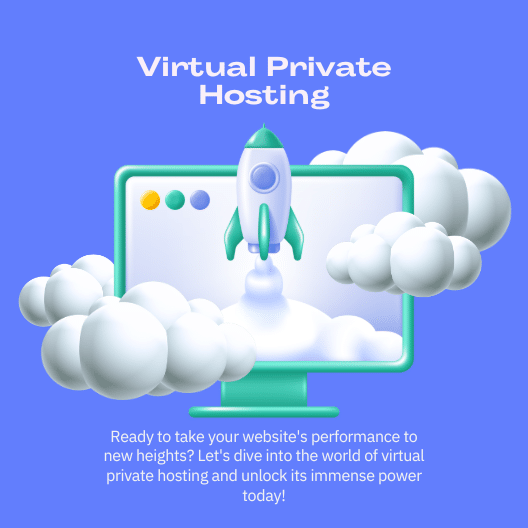IoT and 5G
The Next Frontier: Understanding the Implications of IoT and 5G on Businesses and Consumers

IoT and 5G
IoT and 5G
In today’s rapidly advancing technological landscape, the Internet of Things (IoT) and 5G have emerged as the next frontier, promising to revolutionize the way we live, work, and do business. As these transformative technologies continue to gain momentum, businesses and consumers alike must understand their implications and adapt accordingly. The IoT, with its interconnected network of devices, sensors, and machines, is enabling a level of automation and data-driven decision-making that was once unimaginable. Coupled with the lightning-fast speeds and low latency of 5G, this dynamic duo is set to unlock endless possibilities for innovation and efficiency. However, with great power comes great responsibility. As businesses embrace IoT and 5G, they must also navigate the complex challenges of data security, privacy, and regulatory compliance.
Likewise, consumers need to be aware of the potential benefits and risks that come with a hyper-connected world. In this article, we delve into the exciting opportunities and potential pitfalls of IoT and 5G, shedding light on the future that awaits us all.
The impact of IoT and 5G on businesses
The impact of IoT and 5G on businesses cannot be overstated. With the proliferation of connected devices and the advent of 5G networks, businesses are experiencing a paradigm shift in how they operate. Previously, businesses relied on manual processes and human intervention to gather data and make decisions. With IoT, however, businesses can now collect real-time data from a multitude of sources, enabling them to make data-driven decisions with unparalleled accuracy and speed.
IoT is transforming industries across the board. In manufacturing, for example, IoT-enabled sensors can monitor machine performance, detect anomalies, and predict maintenance needs, reducing downtime and optimizing productivity. In the healthcare sector, IoT devices can remotely monitor patients, enabling healthcare providers to deliver personalized care and intervene in emergencies promptly. Retailers are leveraging IoT to enhance customer experiences through personalized recommendations and targeted marketing campaigns. These are just a few examples of how IoT is revolutionizing industries and creating new business opportunities.
The benefits of IoT and 5G for businesses are vast. With IoT, businesses can streamline operations, reduce costs, and increase efficiency. By connecting devices and systems, businesses can automate processes, eliminating human errors and minimizing the need for manual intervention. The real-time data provided by IoT devices also enables businesses to gain valuable insights into customer behavior, preferences, and product performance, allowing them to make informed decisions and develop data-driven strategies.
However, implementing IoT and 5G comes with its fair share of challenges and risks. Data security and privacy are critical concerns when dealing with a network of interconnected devices. The sheer volume of data generated by IoT devices increases the potential for cyberattacks and unauthorized access. Businesses must invest in robust security measures, such as encryption, authentication protocols, and secure communication channels, to protect sensitive data and ensure the integrity of their systems. Additionally, regulatory compliance, particularly in industries with strict data protection laws, adds another layer of complexity that businesses must navigate.
Implications of IoT and 5G on consumers
While businesses stand to gain significant benefits from IoT and 5G, it is essential to consider the implications on consumers. The hyper-connected world enabled by IoT and 5G presents both opportunities and risks for individuals in their daily lives. On one hand, IoT devices enhance convenience and make life easier. Smart homes, for instance, allow consumers to control various aspects of their homes remotely, from adjusting the thermostat to monitoring security cameras. Wearable devices track health metrics, providing individuals with valuable insights into their well-being. The possibilities seem limitless.
However, there are concerns surrounding consumer privacy and security. With the increasing number of connected devices, consumers are exposed to potential privacy breaches. IoT devices collect vast amounts of personal data, such as location, behavior patterns, and preferences. This data is valuable to advertisers, who can use it to target consumers with personalized ads. While this may enhance the user experience, it raises questions about the transparency and control individuals have over their data. Consumers must be cautious about the devices they bring into their homes and ensure they understand the data collection and usage policies implemented by manufacturers.
Security is another paramount concern for consumers. As more devices become interconnected, the risk of cyberattacks and hacking increases. Vulnerabilities in IoT devices can be exploited to gain unauthorized access to personal information or even control physical systems. Consumers must be vigilant in securing their devices, regularly updating firmware, using strong passwords, and avoiding connecting to unsecured networks.
Strategies for businesses to leverage IoT and 5G
To harness the full potential of IoT and 5G, businesses must develop strategies that align with their objectives and address the challenges associated with implementation. The following strategies can guide businesses in leveraging IoT and 5G effectively:
1. **Invest in robust security measures:** As businesses embrace IoT and 5G, they must prioritize data security and privacy. Investing in robust security measures, such as encryption, authentication protocols, and secure communication channels, is essential to protect sensitive data and ensure the integrity of systems.
2. **Comply with regulations:** Different industries have different regulatory requirements when it comes to data protection and privacy. Businesses must stay updated with the latest regulations and ensure compliance to avoid legal and reputational risks.
3. **Collaborate with partners and stakeholders:** IoT and 5G require collaboration among various stakeholders, including technology providers, telecom operators, and industry experts. Building strong partnerships and alliances can help businesses navigate the complexities of implementation and leverage the expertise of others.
4. **Focus on data analytics:** The vast amounts of data generated by IoT devices provide businesses with valuable insights. Investing in data analytics capabilities allows businesses to make informed decisions, optimize operations, and identify new opportunities for growth.
5. **Educate employees and consumers:** As businesses adopt IoT and 5G technologies, it is crucial to educate employees and consumers about the benefits, risks, and best practices associated with these technologies. Training programs and awareness campaigns can promote responsible and secure use of IoT devices.
Future trends and predictions for IoT and 5G
The future of IoT and 5G holds immense promise. As technology continues to advance, we can expect further integration of IoT devices into our daily lives. Smart cities, where interconnected devices and sensors optimize urban infrastructure and services, will become more prevalent. Industries such as agriculture, transportation, and energy will continue to adopt IoT and 5G technologies, driving efficiency and sustainability.
The application of IoT and 5G in healthcare will expand, enabling remote patient monitoring, telemedicine, and personalized healthcare services. The integration of artificial intelligence and machine learning with IoT devices will unlock new levels of automation and intelligence, further enhancing efficiency and decision-making capabilities.
However, as with any emerging technology, challenges and risks will persist. Businesses and regulators must work together to address issues such as data security, privacy, and regulatory compliance to ensure the responsible and ethical use of IoT and 5G technologies.
In conclusion, the Internet of Things (IoT) and 5G are transforming the way businesses operate and how consumers interact with the world. The potential benefits of IoT and 5G are vast, from increased efficiency and productivity for businesses to enhanced convenience and personalized experiences for consumers. However, as we embrace this hyper-connected future, it is crucial to address the challenges of data security, privacy, and regulatory compliance. By implementing robust security measures, complying with regulations, and educating employees and consumers, businesses can leverage the power of IoT and 5G responsibly. The future of IoT and 5G holds incredible opportunities for innovation and growth, and it is up to us to navigate this next frontier with care and foresight.



